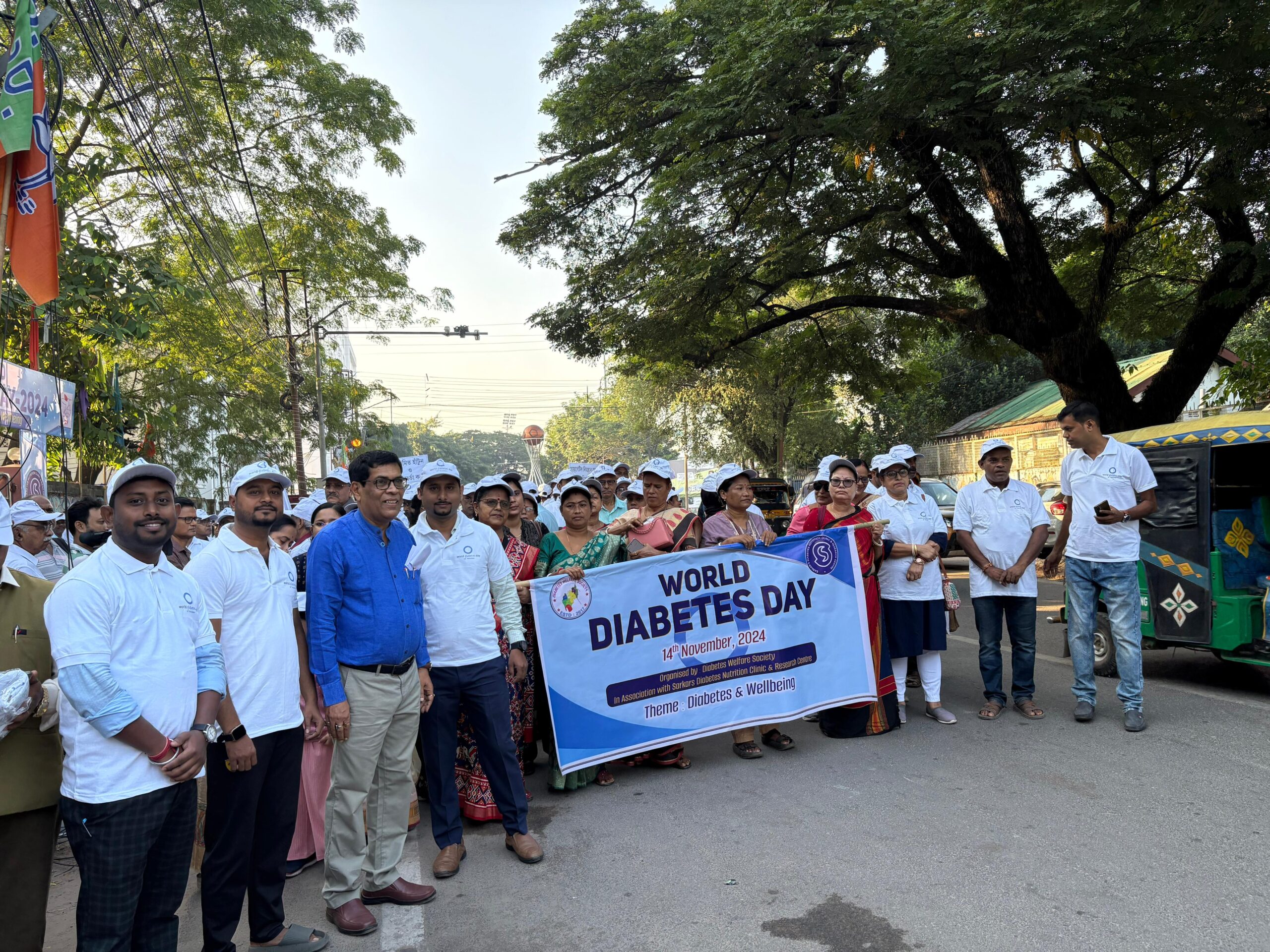
What is Diabetes
Diabetes mellitus, commonly called diabetes, is a chronic (long-term) medical condition that affects how your body turns food into energy.
It happens when your body either does not produce enough insulin or cannot use insulin effectively, leading to high levels of glucose (sugar) in the blood.
When you eat, your body breaks down most of your food into glucose, which is the main source of energy for your cells.
The hormone insulin, produced by the pancreas, helps glucose enter your body’s cells to be used as fuel.
If your body doesn’t make enough insulin or can’t use it properly, glucose stays in your blood instead of moving into cells — causing high blood sugar levels (hyperglycemia).
Types of Diabetes
1. Type 1 Diabetes
The body’s immune system attacks and destroys the insulin-producing cells in the pancreas.
Usually diagnosed in children or young adults, but can occur at any age.
People with Type 1 diabetes need daily insulin injections to survive.
2. Type 2 Diabetes
The body doesn’t use insulin effectively (insulin resistance), and over time may stop making enough insulin.
Most common type — often related to unhealthy lifestyle, overweight, and genetics.
Can often be managed or even delayed with healthy eating, exercise, and medication.
3. Gestational Diabetes
Occurs during pregnancy when hormones interfere with insulin function.
Usually goes away after childbirth, but increases the mother’s risk of developing Type 2 diabetes later in life.
Common Symptoms
Frequent urination (especially at night)
Excessive thirst or hunger
Unexplained weight loss
Fatigue or weakness
Blurred vision
Slow-healing wounds or frequent infections
Tingling or numbness in hands and feet
Many people with Type 2 diabetes don’t notice symptoms early — that’s why regular screening is crucial.
Why Diabetes Matters
If not managed properly, diabetes can lead to serious health problems such as:
Heart disease and stroke
Kidney failure
Vision loss (diabetic retinopathy)
Nerve damage (neuropathy)
Foot ulcers and amputations
But with early detection, lifestyle changes, and proper treatment, these complications can be prevented or delayed.
Prevention & Management Tips
Maintain a healthy weight
Eat a balanced diet rich in fiber, fruits, and vegetables
Limit sugar and processed foods
Exercise at least 30 minutes daily
Get regular check-ups and blood sugar tests
Manage stress and get enough sleep
In Simple Terms
Diabetes means your body has trouble using sugar the right way.
But with knowledge, awareness, and care — you can live a full, healthy life.
